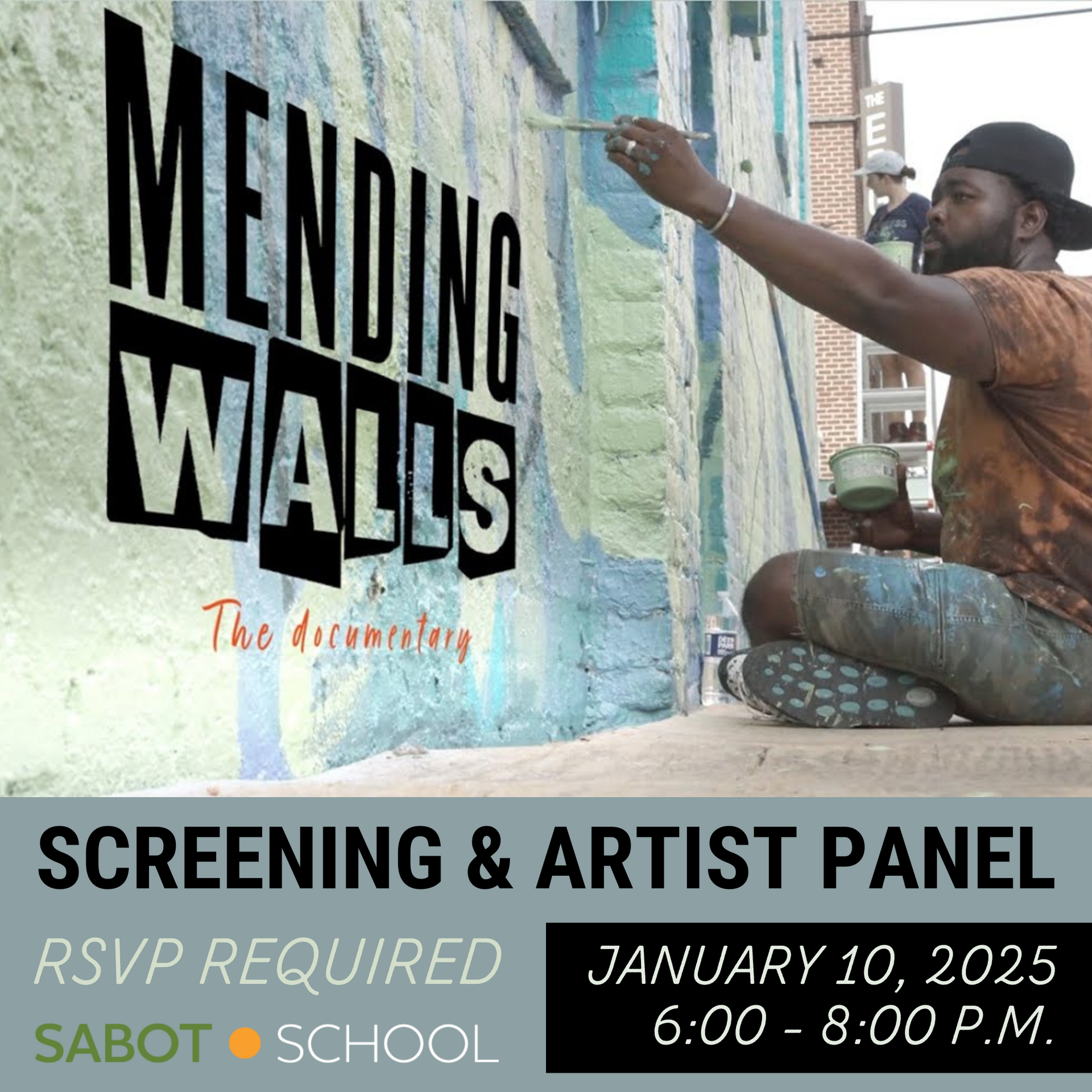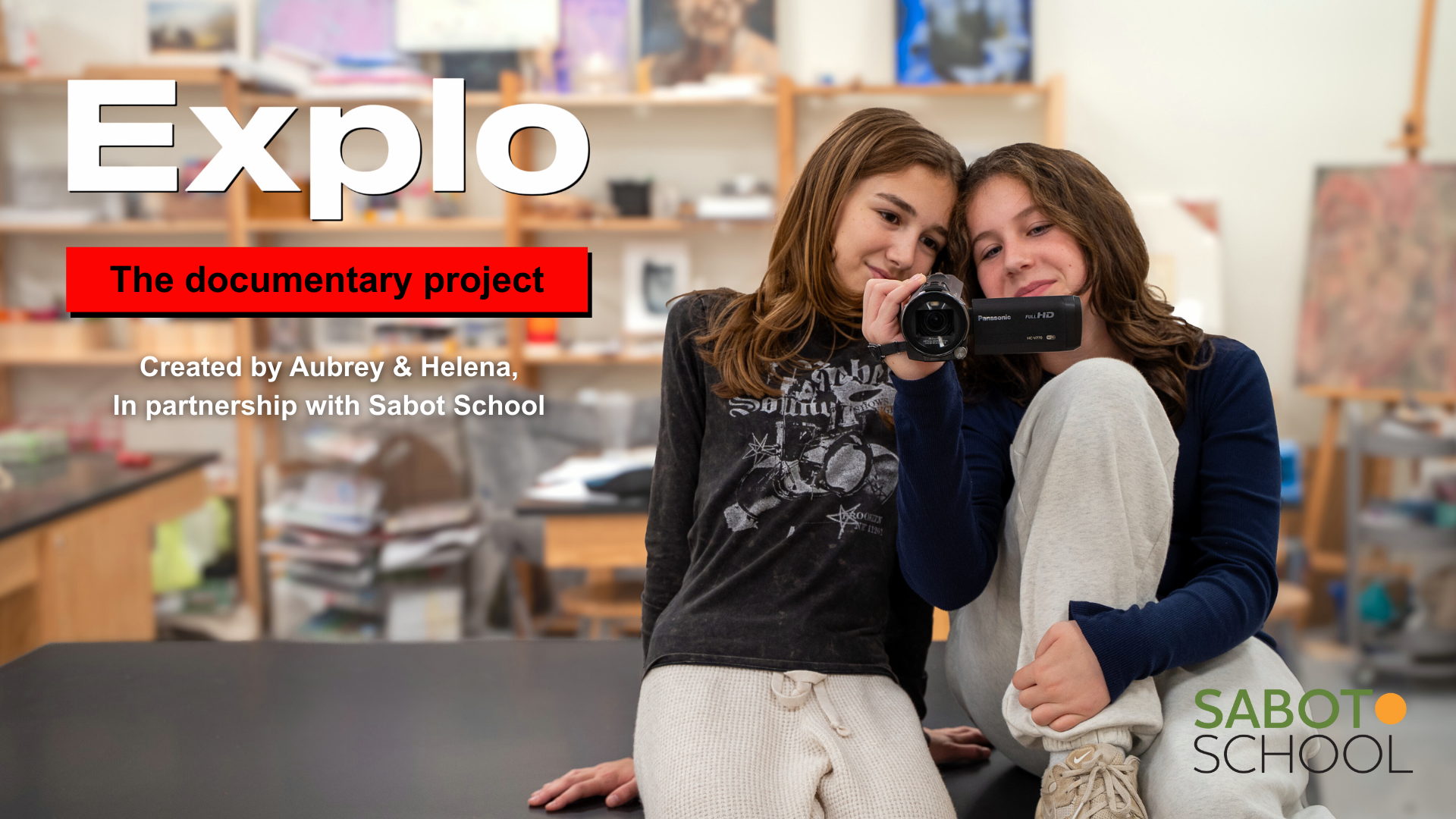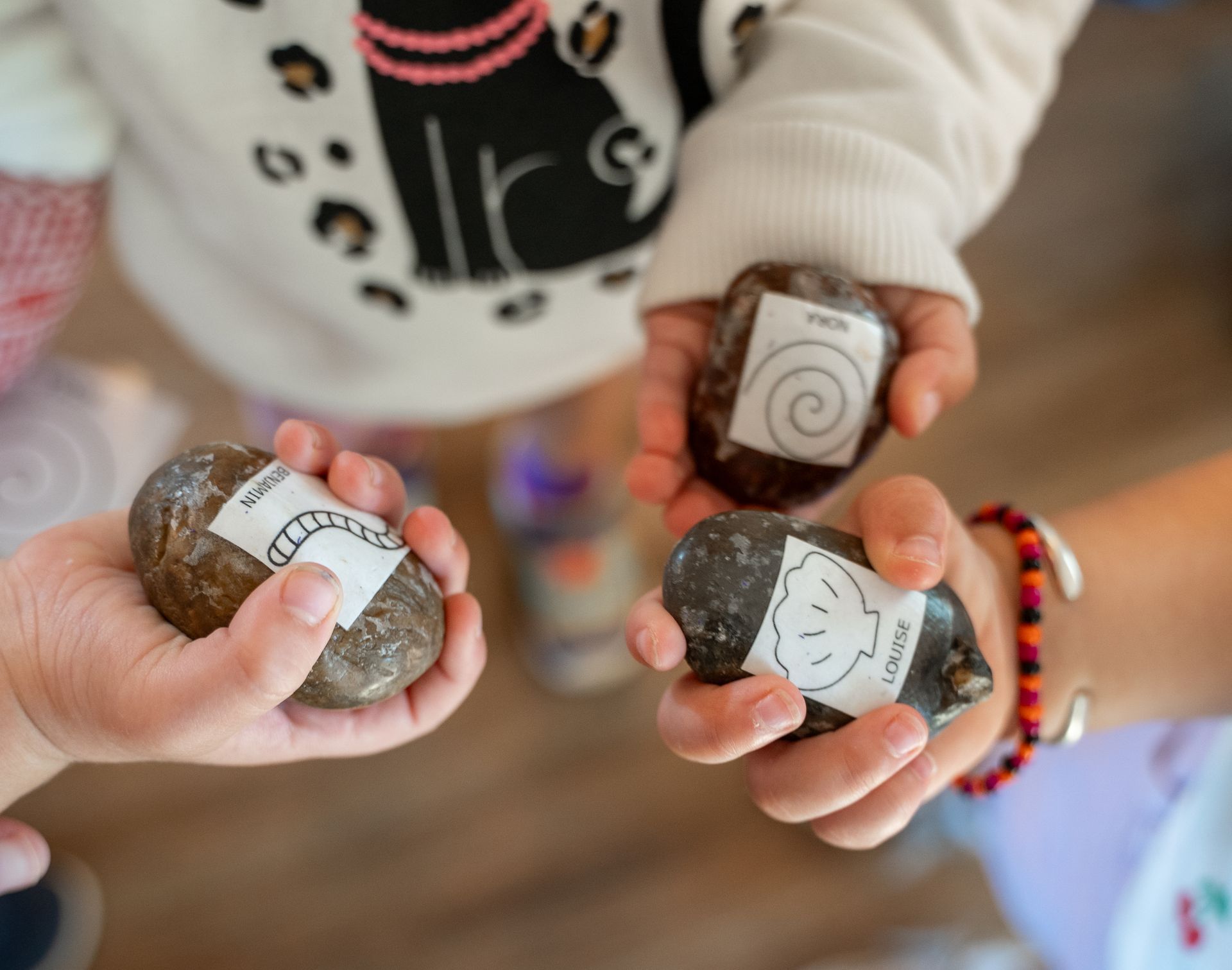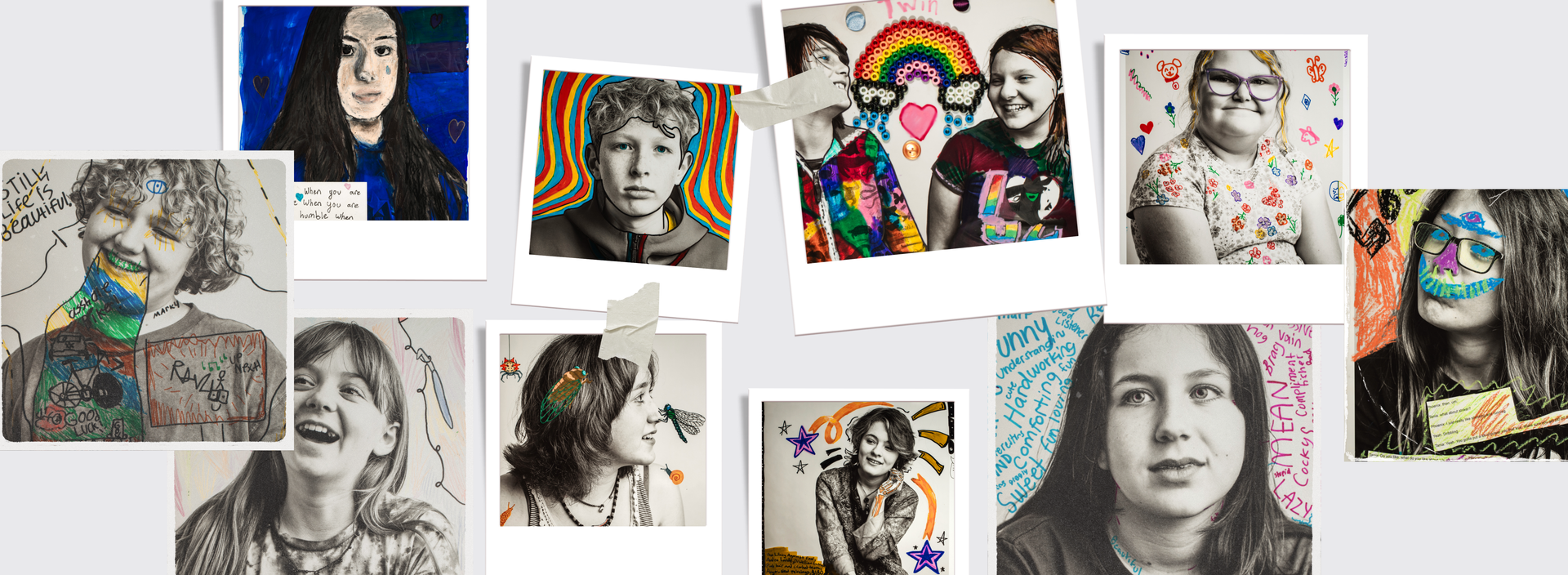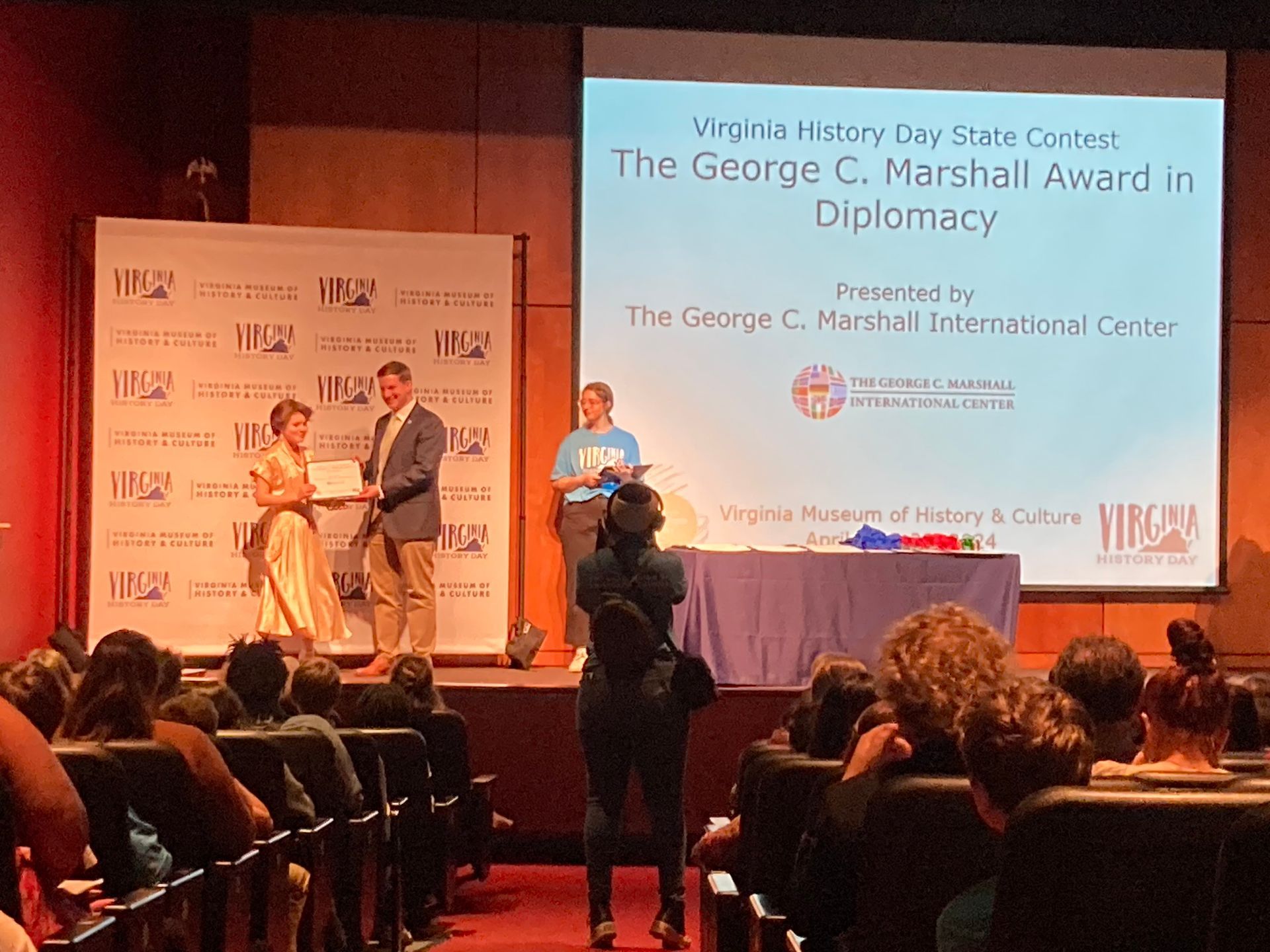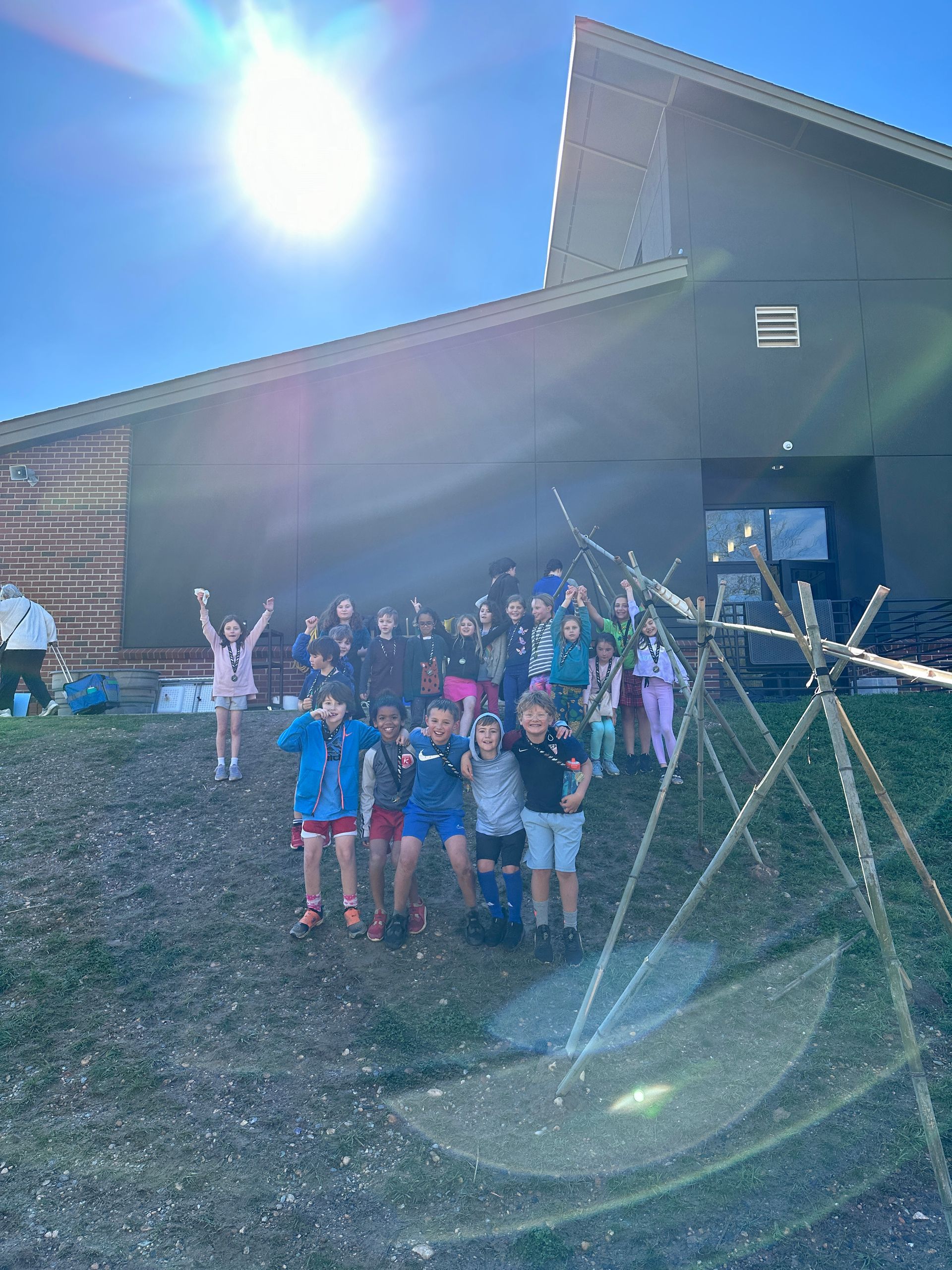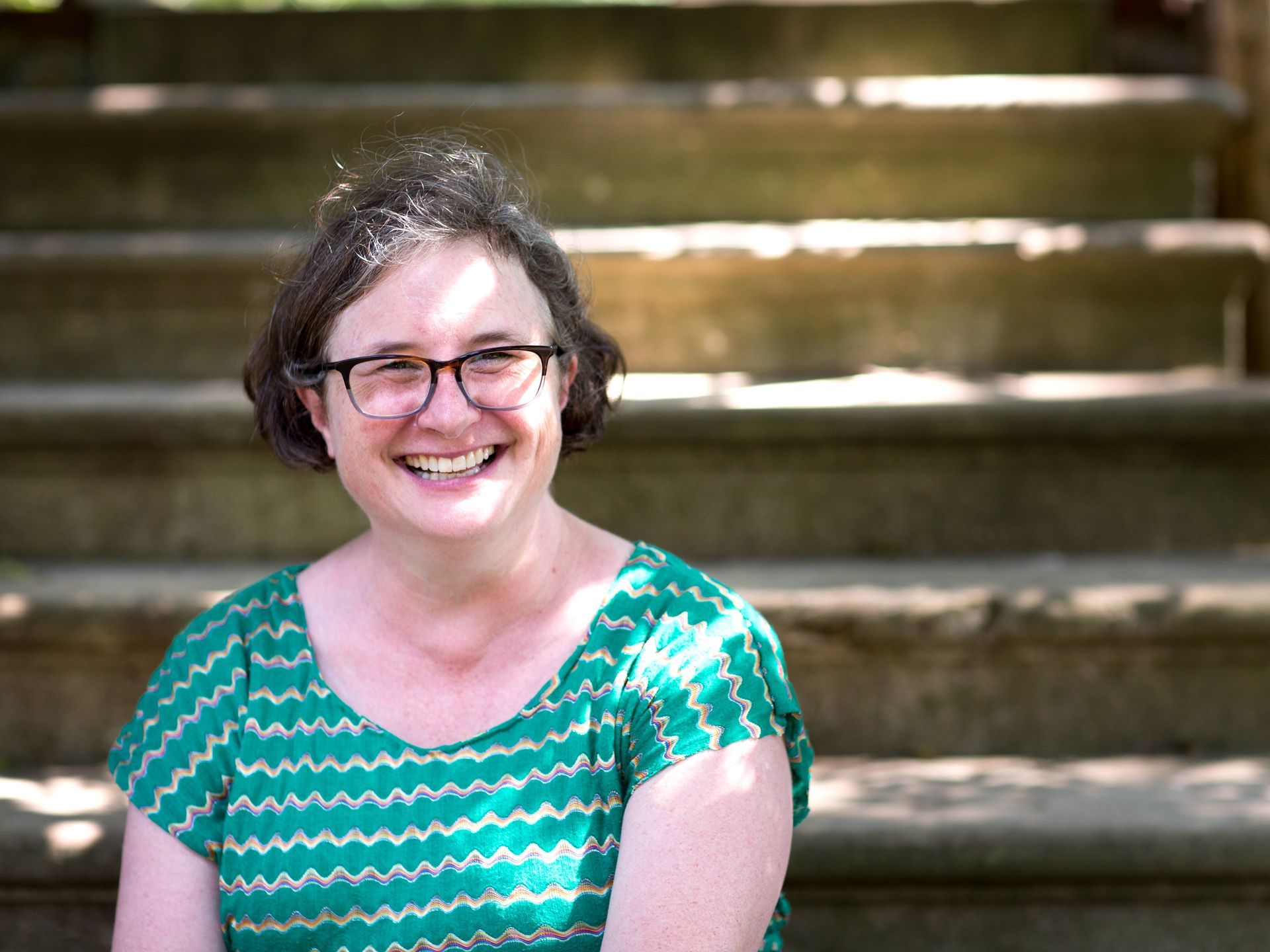Relationship: in Defense of…Teasing?
Teasing: can it ever be a good thing?
Our first response might be a firm “no.” After all, we know that the middle-school years are a period of rapid and significant social-emotional development and a time when social cruelty can have devastating affects on self esteem and mental well-being.
But the fact is that not all teasing is equal. And in middle-school, it can even be a valuable tool for teachers to use in building relationships with their students. That’s because during the middle-school years, children begin to make a vital and developmentally appropriate shift in the way they relate to the adults in their lives. While children still very much–in fact more than ever–look to those adults for support, for guidance, and for reassurance, they do so while also constantly pushing back and testing limits in ways that are sometimes subtle and sometimes glaringly obvious. They begin to demand, in short, that adults prove their worthiness to be trusted.
For teachers, engaging with students in middle school requires a deep respect and understanding for this developmental stage. But it also requires the ability to effectively convey expectations and help students develop successful learning practices: we want students to respect their teachers, to follow important rules, to take their work (and our disciplines) seriously. We want them to treat their classmates and themselves with respect, to accomplish and achieve, to open up and be creative, to be willing to take risks — and to feel safe doing so. That’s a lot we are asking of our students, at an age when their instinct can often be to question everything adults demand of them.
Engaging students in a lighthearted, back-and-forth teasing banter, then, can provide a framework that invites students into a new kind of relationship with their teachers, one that–seemingly contradictorily–actually conveys mutual respect.
Read on to learn how history and “civinomics” teacher Bruce Coffey uses friendly, good-natured teasing to help establish relationships with his students
On my Christmas vacation I spent a week with one of my nieces, a 12-year-old I only knew so well. Her mother (my sister) was eager for us to have the opportunity to get to know each other better—but at first my niece, like many middle-schoolers remained uninterested, otherwise absorbed in her own age-appropriate cultural passions and pastimes. Any straightforward efforts on my part to get her attention or engage her clearly seemed a conspicuous overture from The Land of Adults, and were ignored as such. “Your tricks won’t work on me, Uncle Bruce.”
So instead, I reached her indirectly. We did vacation-fun activities together, like playing cards, cooking, and skiing. And rather than take the usual adult tactic of endlessly querying her friends or what books she was reading or about her family life in the hope that she would “open up,” I just treated her as I would any other family member. I assumed an air of familiarity (that had not quite been fully established) and I expressed my enthusiasm for spending time with her by…teasing her. Not in a critical or mean-spirited way of course, but rather in the form of playful, humorous banter. It was an invitation that said, “We don’t have to take things too seriously here.”
And soon enough, it worked. It was more fun – and it felt safe — to engage with Uncle Bruce this way. She started giving it right back to me, with a playful, impish “take that!” twinkle in her eye, and as I responded in kind, we connected. She trusted me.
In the same way, teasing helps “grease the wheels” to build relationships with my students at Sabot. At first when they come to me as middle schoolers, they may perceive me as (cue Beethoven’s 5th)… Mr. Coffey!! They’ve heard about those infamous map tests. They see the thick history books lining my classroom shelves. As “Mr. Coffey,” I may be perceived as a someone much older, full of knowledge and information, with very high expectations—and a very long way from middle school!
As teachers, we understand that many students approach us warily, desperate at first to achieve and impress, to demonstrate their “chops” and establish their ground. Or they may be intimidated and afraid to speak up for fear of sounding “dumb” in front of their peers or the knowledgeable teacher. We worry that some students will be too focused on making sure they get every little thing right—a focus that will hold them back from taking the risks and even experiencing the failures from which true learning comes.
In my classroom, then, I might rib my students about what they’re reading or watching or playing; about my ‘taste’ and what I think is ‘better;’ I might talk smack about their favorite NFL team. And I welcome them to do the same back to me, in these “safe” topics. They provide a ground where we can interact and get to know each other, to be playful and have fun, outside the academic and sometimes anxiety-inducing context of readings and assignment and research and drafts and footnotes and website resources.
At first this can be a cognitively and emotionally challenging experience for students. “Wait a minute, I thought Mr. Coffey was my august, professorial teacher, with high expectations? Can I really talk trash about his beloved Patriots, like he’s one of my friends?”
But yes, as teachers, we are their friends. Not their peer friends. Not their parents. Not their family. But resource friends, people who will challenge them, people who will push them, but also people they can count on, people they are safe to open up to and share with and…even tease!
As a teacher, I find that this kind of banter makes the daily interaction with students fun and enjoyable. For them, I think, I hope, it makes the daily interaction…safe. The give-and-take, the humor, the getting to know each other well enough to know what topics are “fair game” (this student’s obsession with the Twilight series, that student forever needing to borrow a pencil, Mr. Coffey’s taste in music), and which students love to argue about ideas, or soccer players, or the benefits of playing video games—all these become essential to building a comfortable classroom environment together with my students.
Through this process students come to understand that ‘letting me down’ is not the end of the world. It might affect their grade. They might be disappointed in themselves. They might dread my disappointment. But if I can engage them all the same – outside of talking about their paper – if we can still ‘argue’ over which music streaming service is best or how to stop the Patriots’ offense – then failure is safe. Knowing that a teacher – or any adult, especially a parent – still ‘loves’ them even after they have underperformed is critical to establishing trust.
I also think establishing a playful, stimulating, interactive, witty relationship with students through teasing can help them achieve, too. They can learn you let your hair down in between classes and out on campus. I can approach a student across campus, and open up with some offhand reference to something non-academic (“Didn’t see you at the Folk Festival… Out playing Pokémon Go?” “No, Mr. Coffey. I had to help clean out my grandparents’ garage.” “A likely story…”) and then switch gears and offer a little academic reminder or encouragement or reinforcement (“Don’t forget to check those two other sources I sent you at the end of class. Right? We both know you got ‘em…?”)
And then in the Aedificium (my own precious name for my classroom, a place for scholarship), when it’s time to do research and re-draft, students will buckle down, put their nose to the grindstone and try to achieve. The safety of one realm, of one mode of interaction, makes the other safer, more tolerable, an alternative source of stimulation and joy. One can be a foil for the other. Playful mocking can be a goad to achievement.
Teasing builds relationships.
And relationships establish the ground for achievement.
The post Relationship: in Defense of…Teasing? appeared first on Sabot at Stony Point.
SHARE THIS POST
